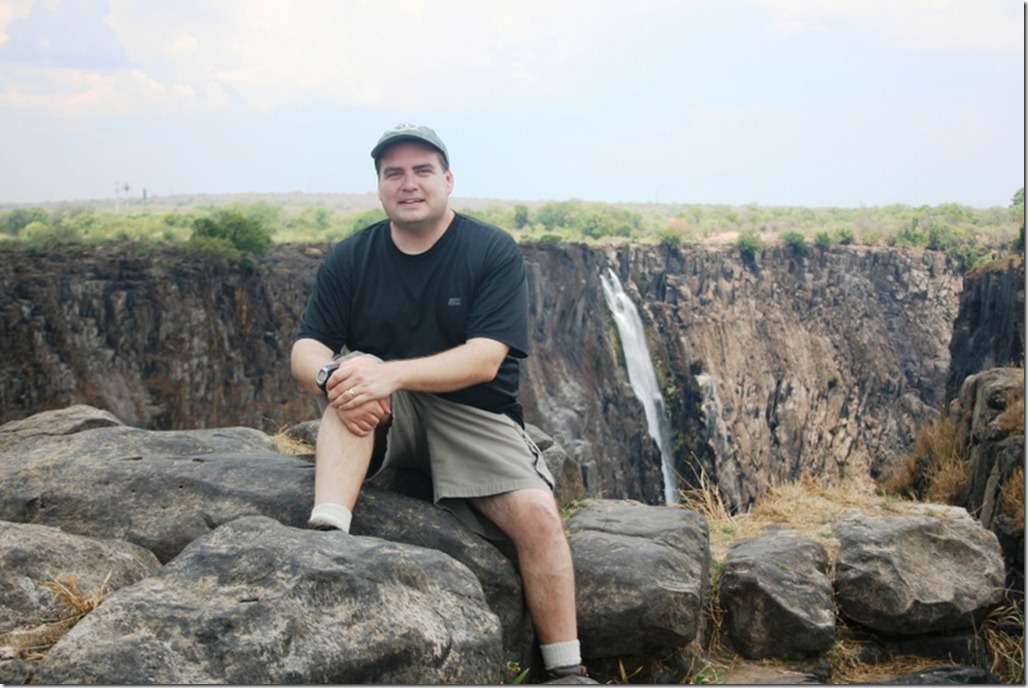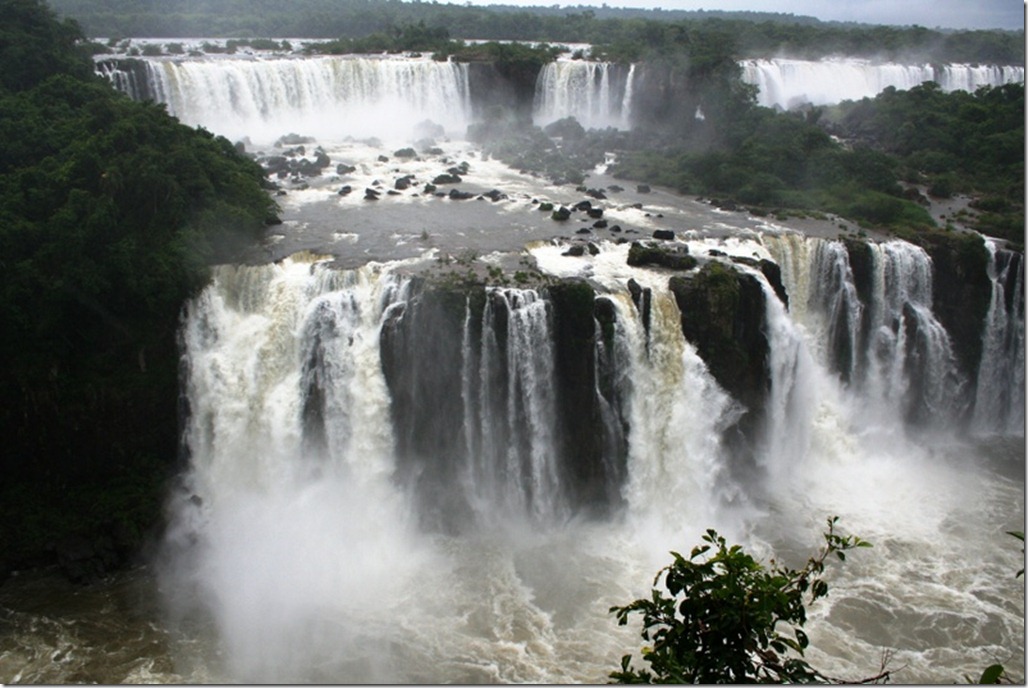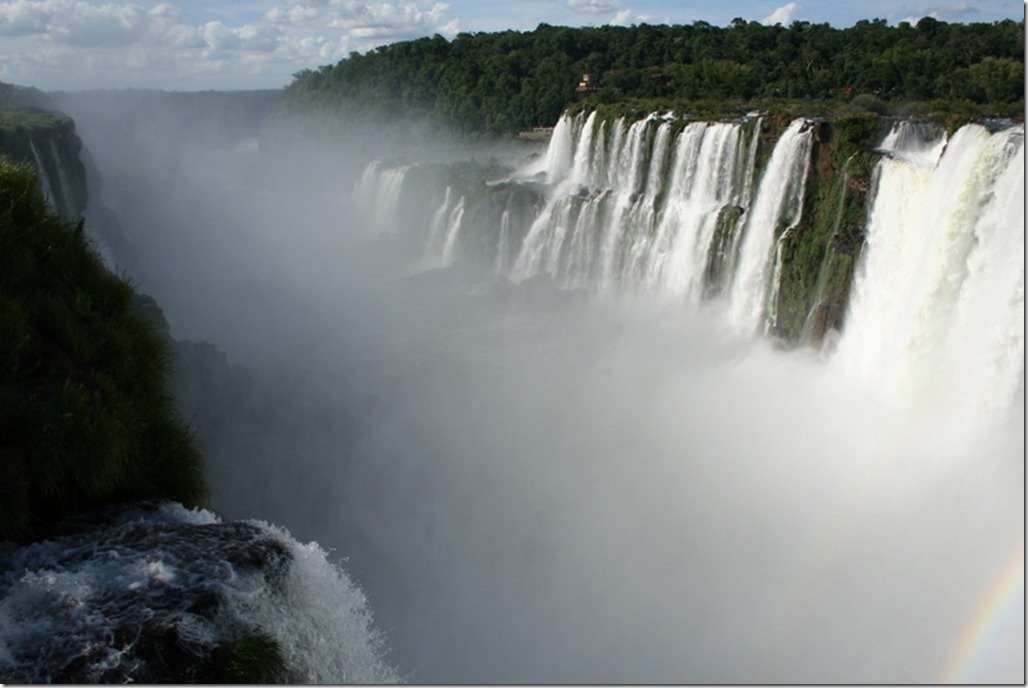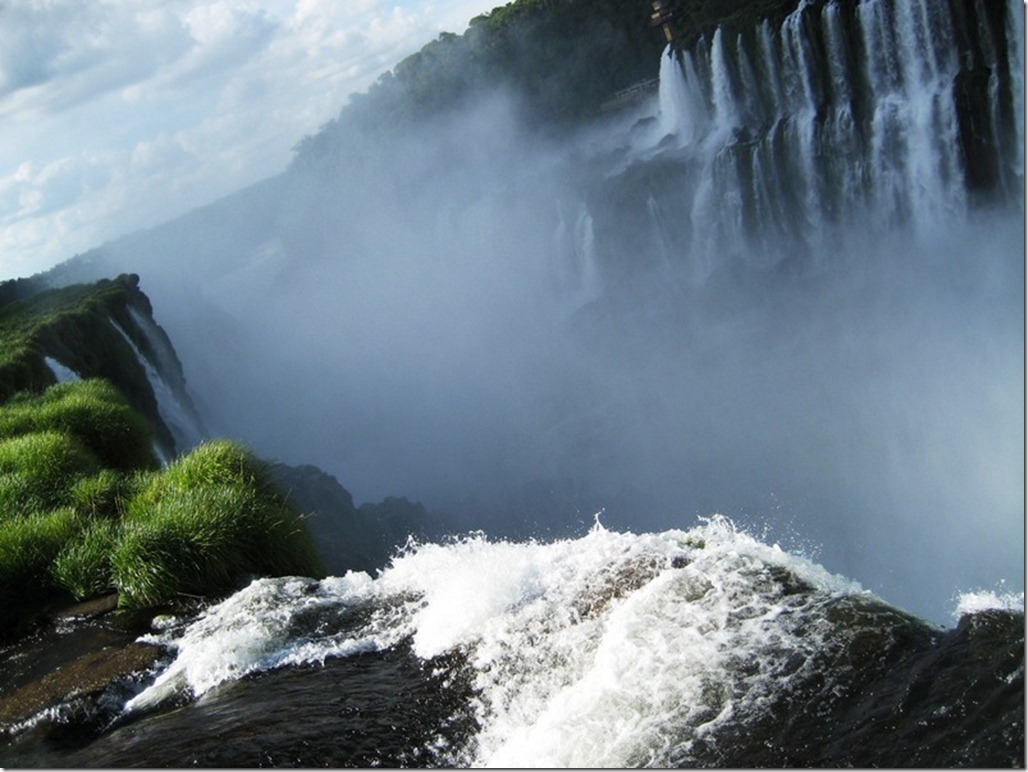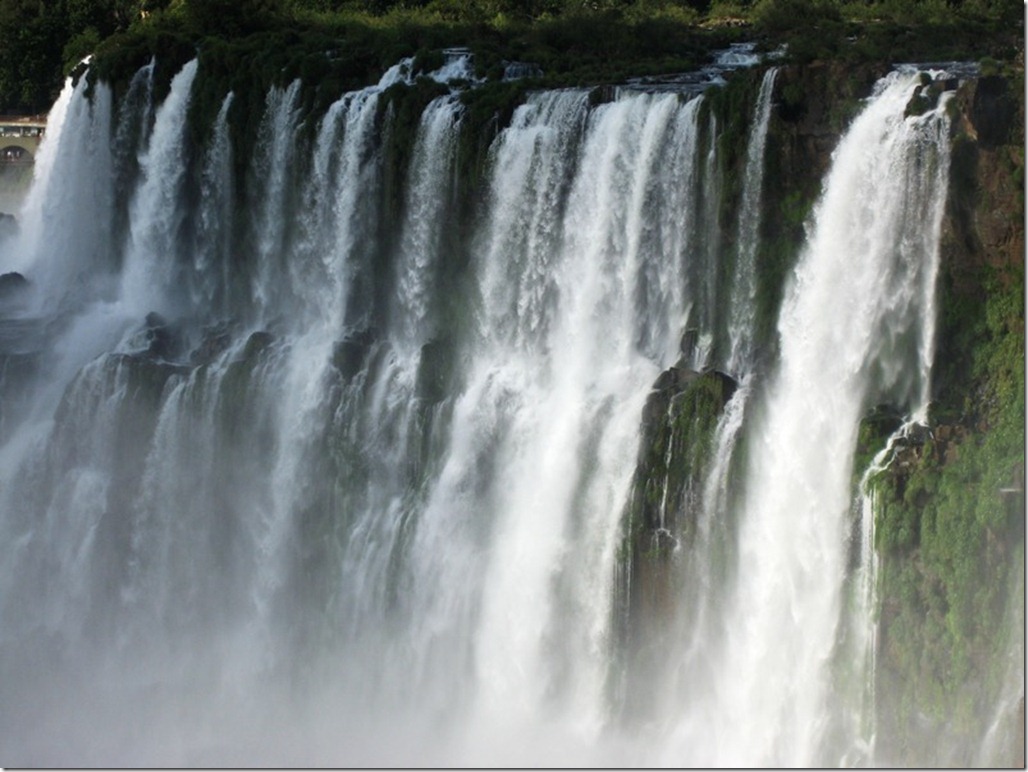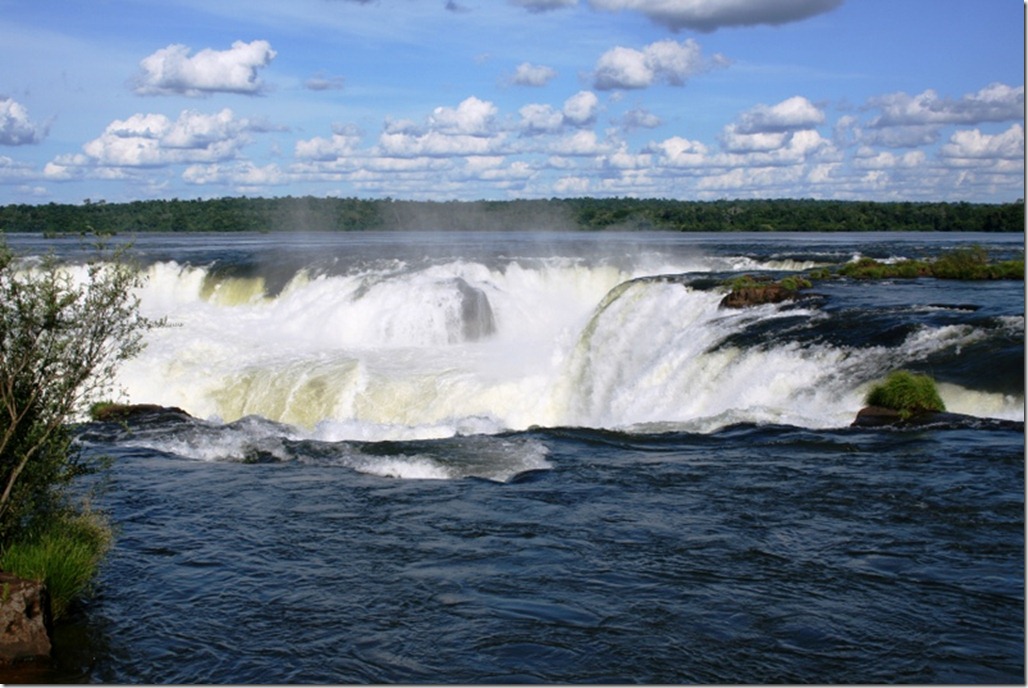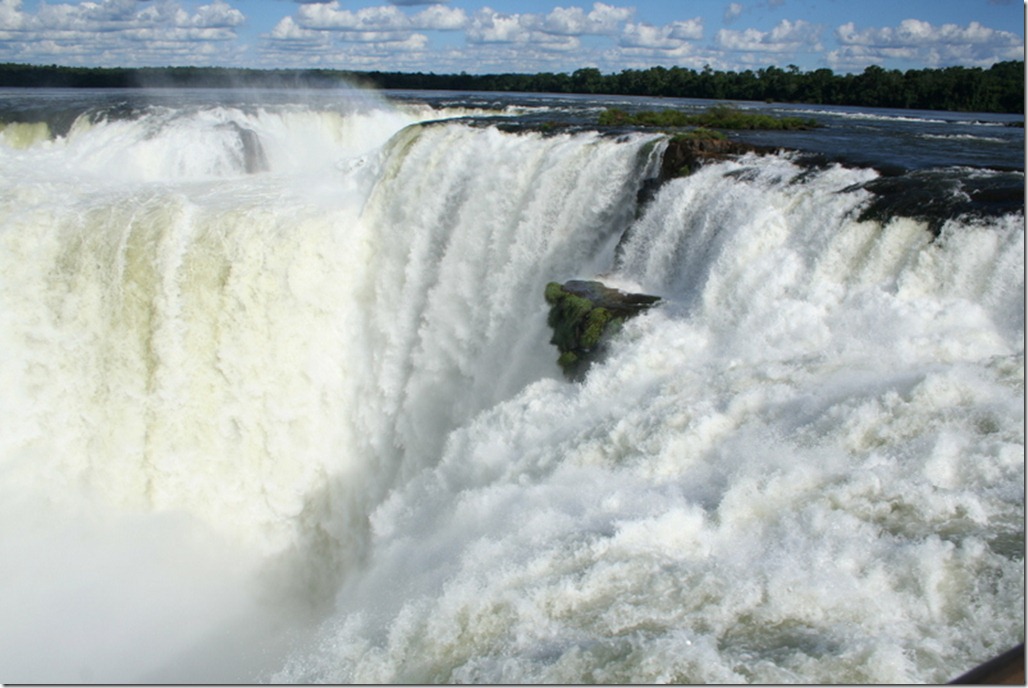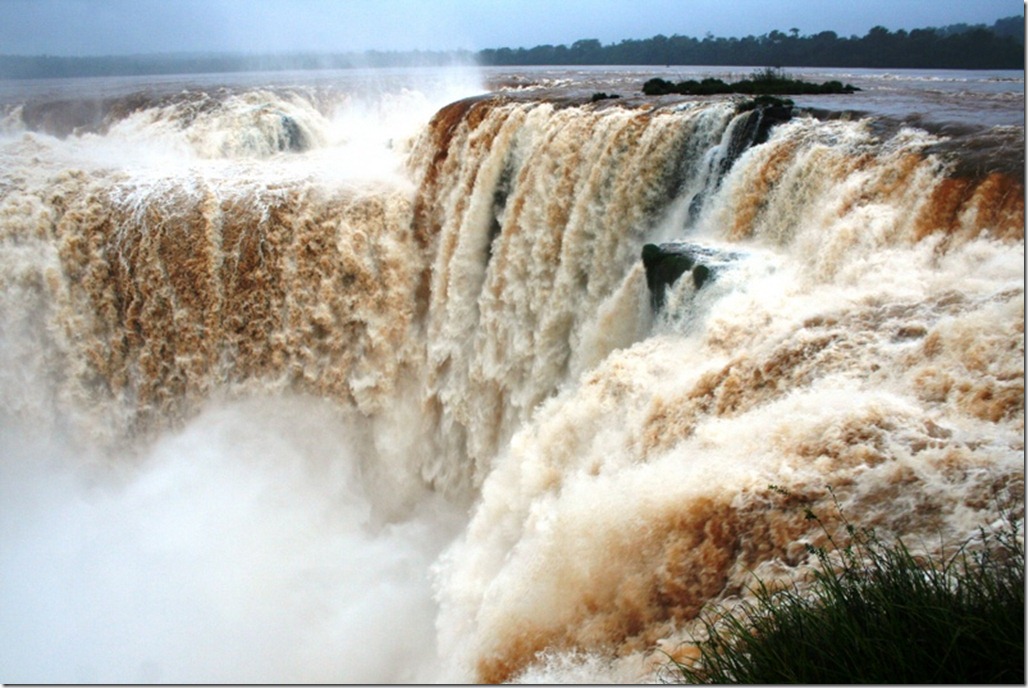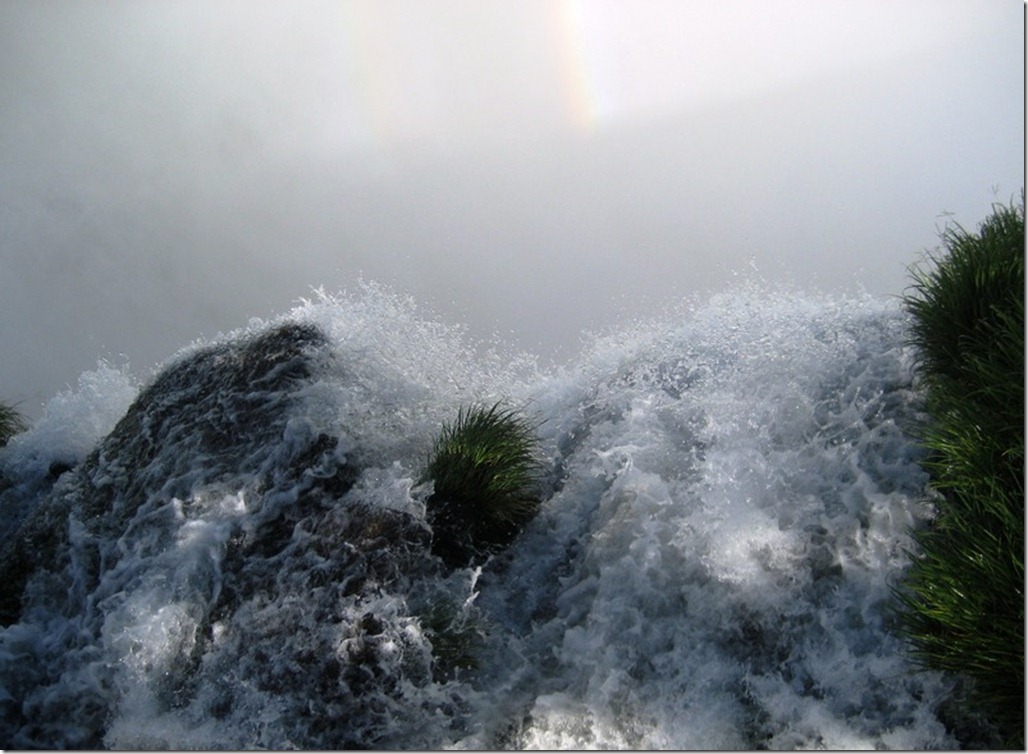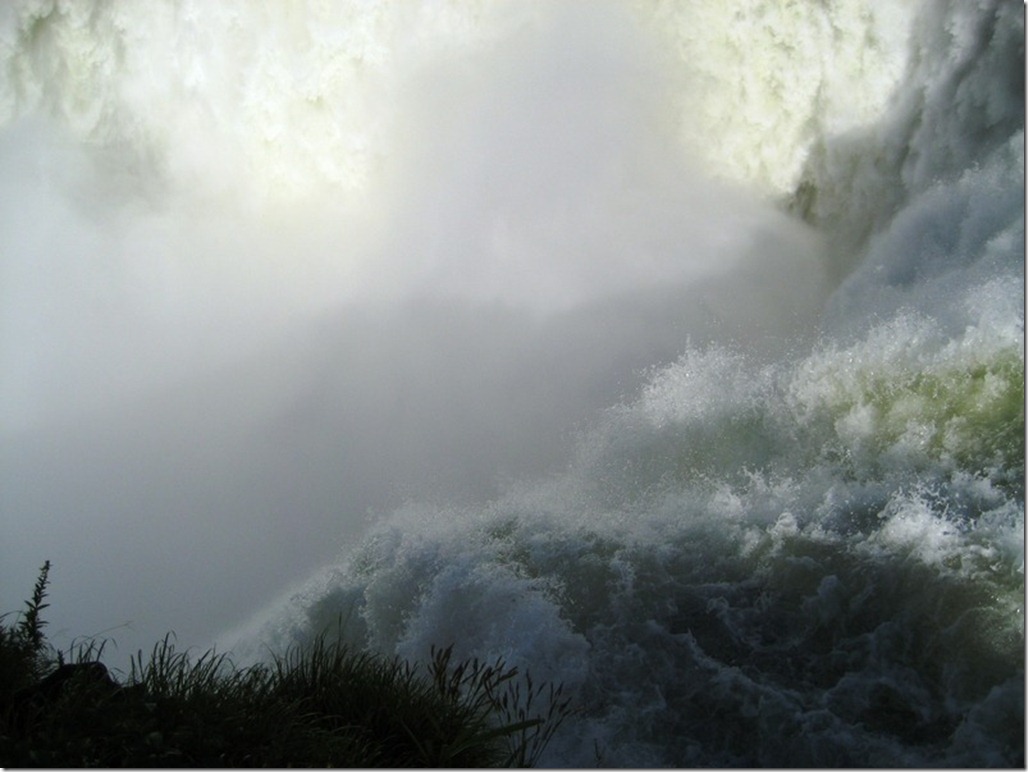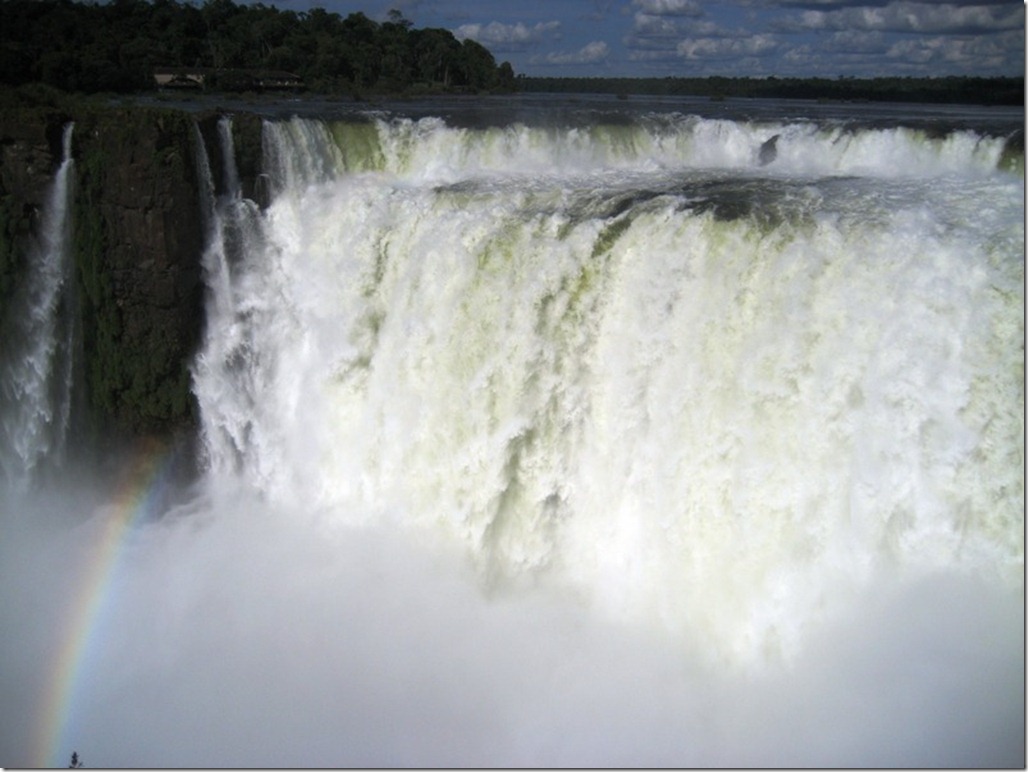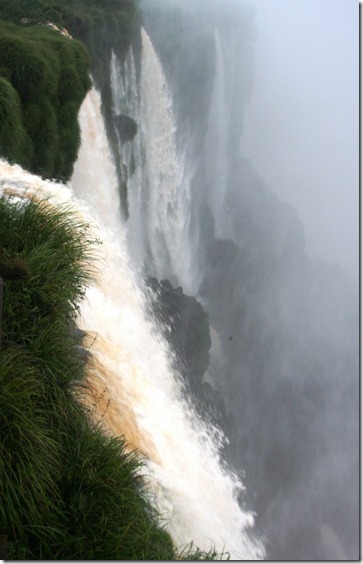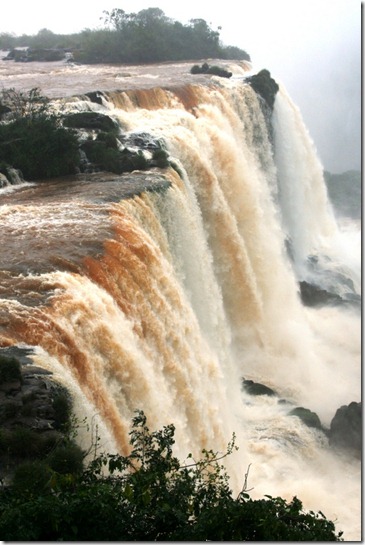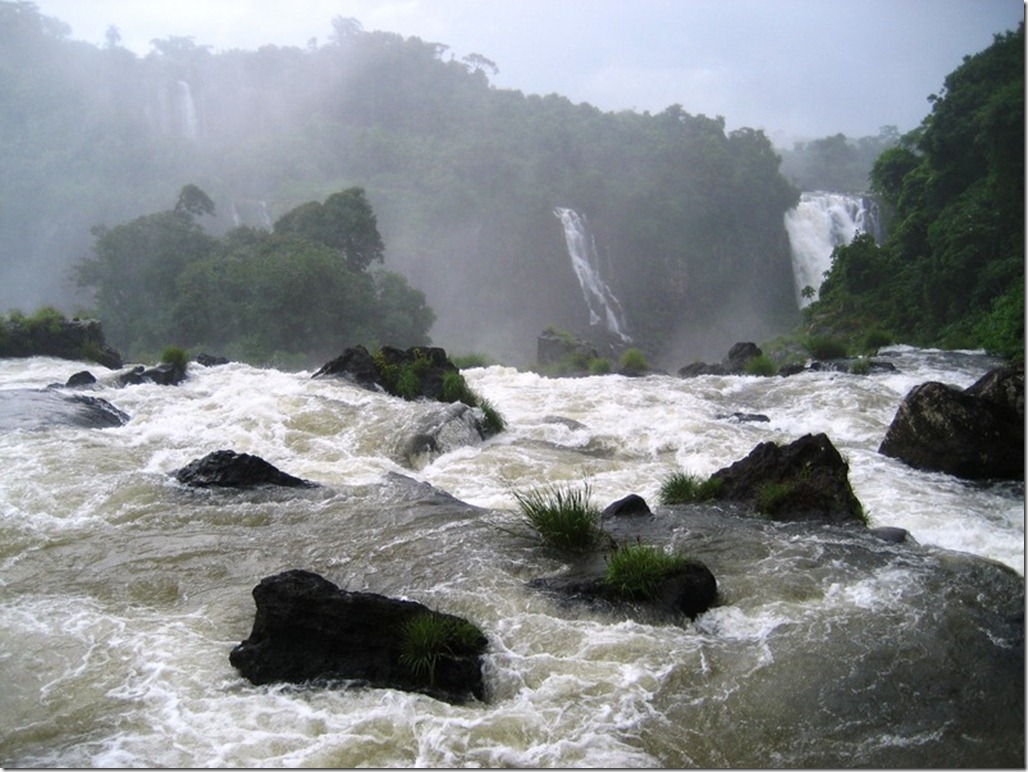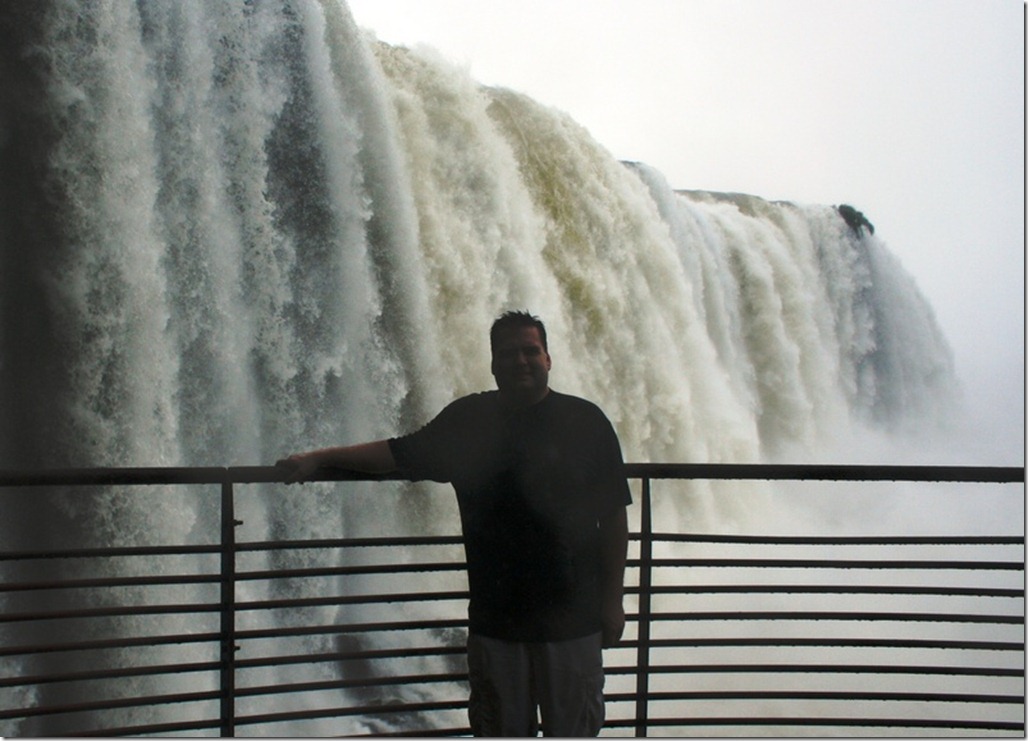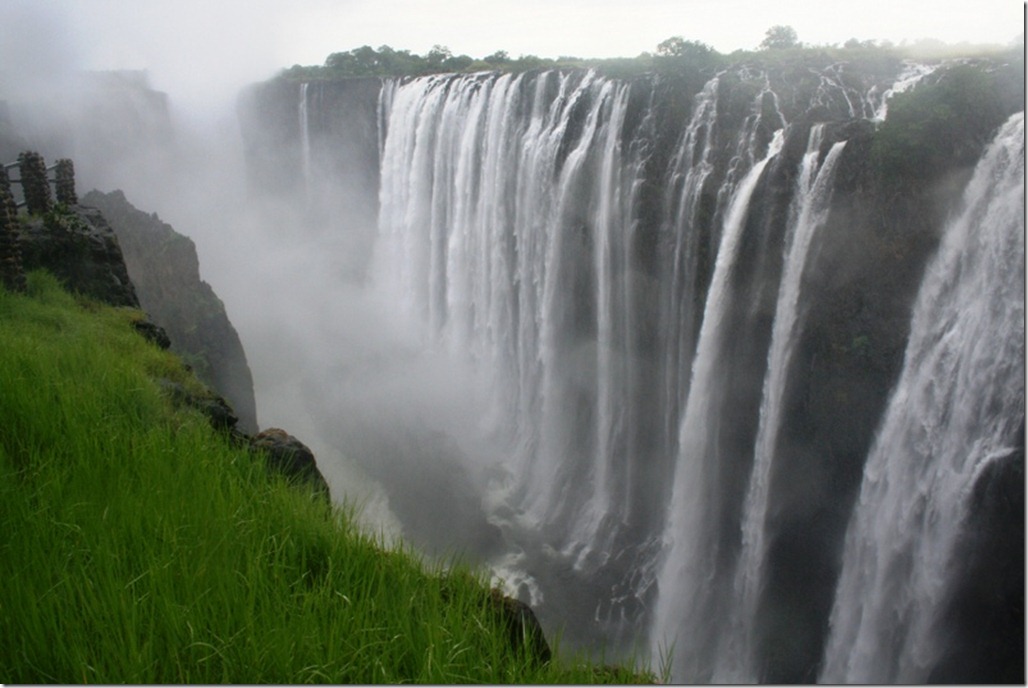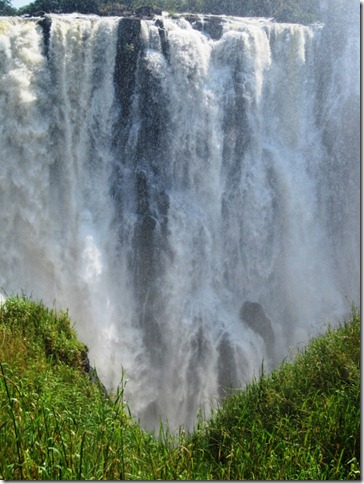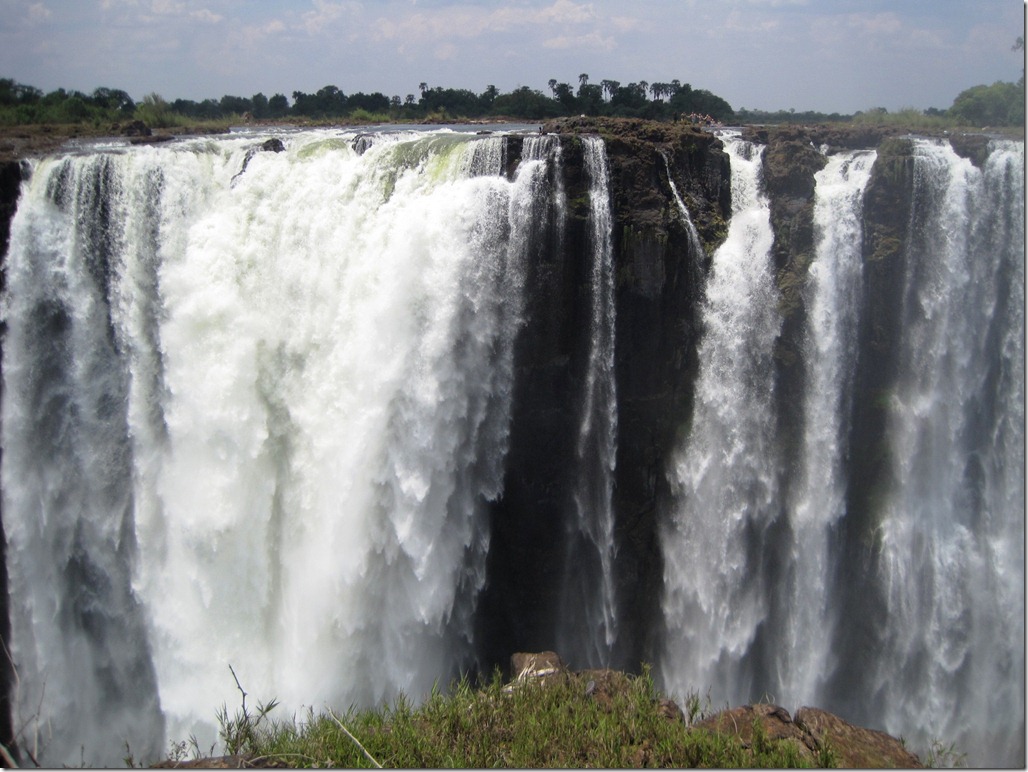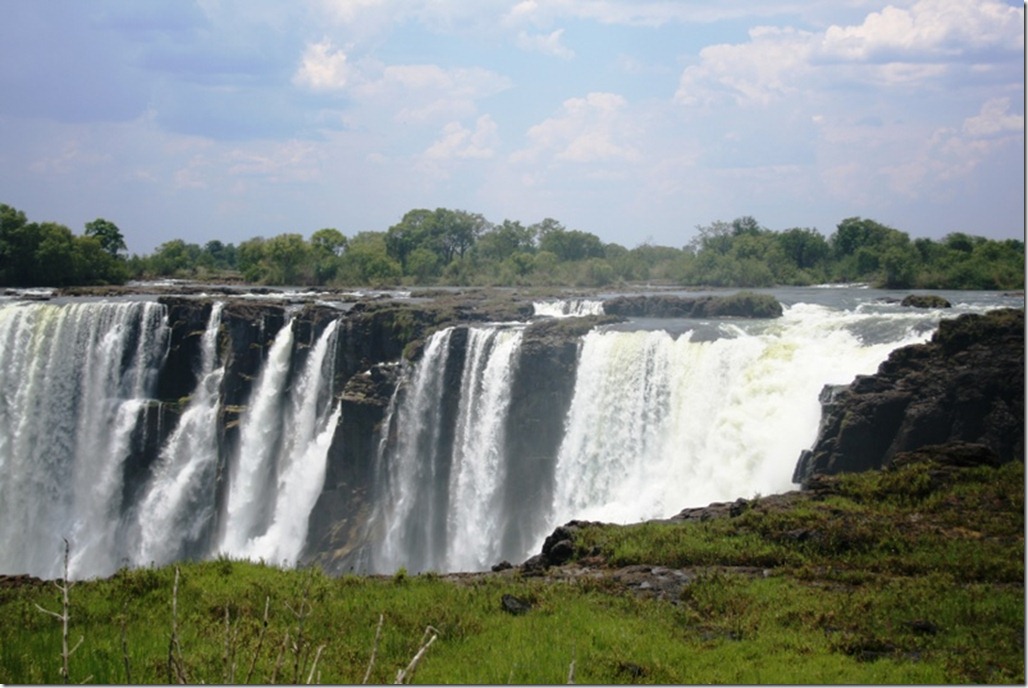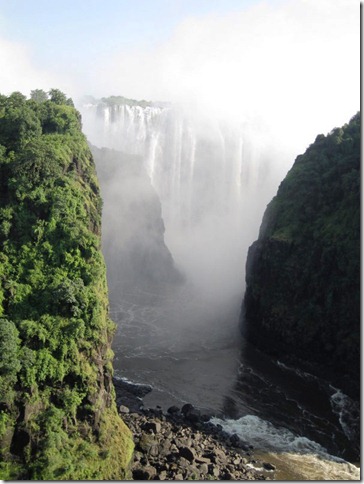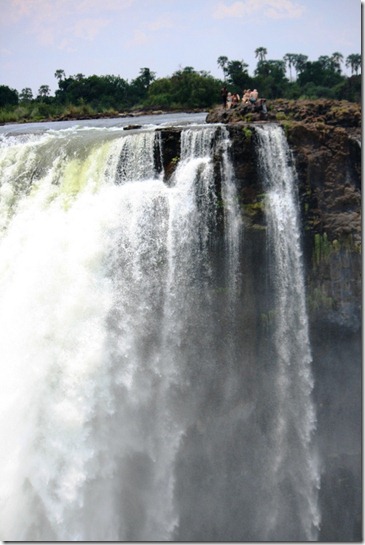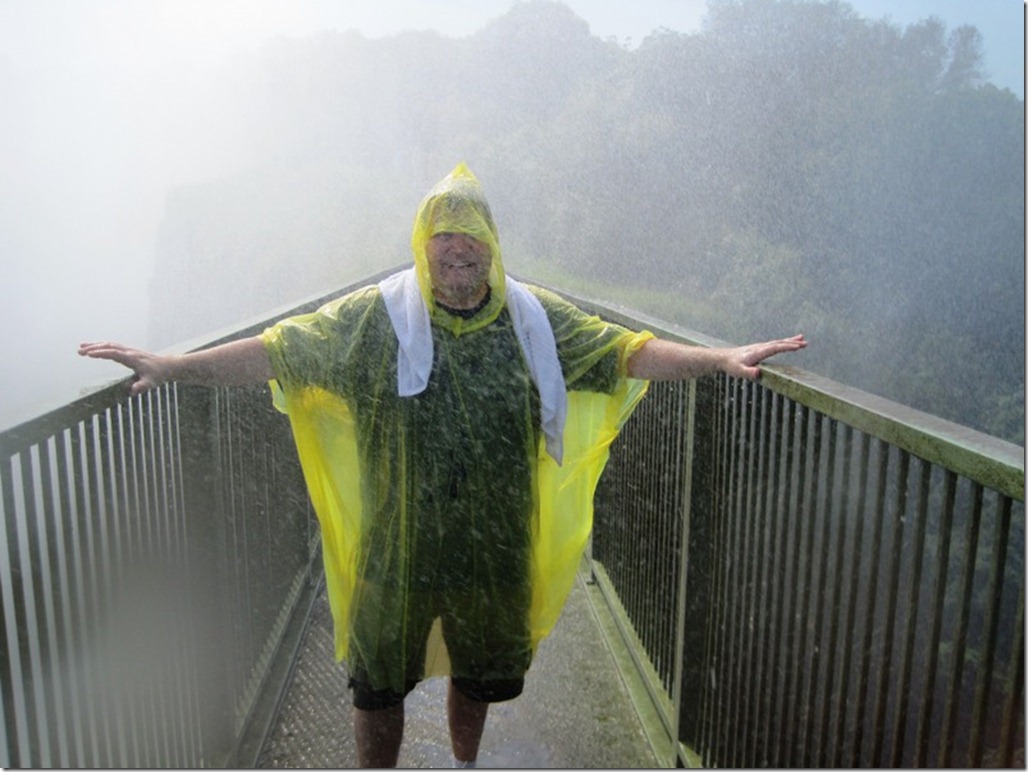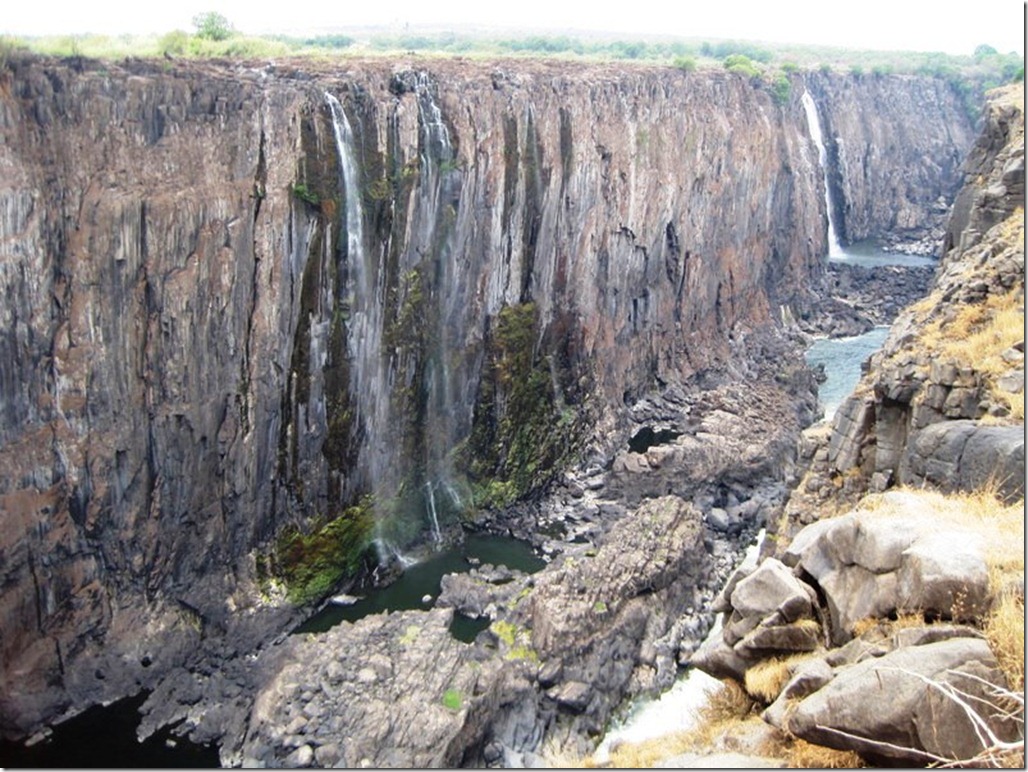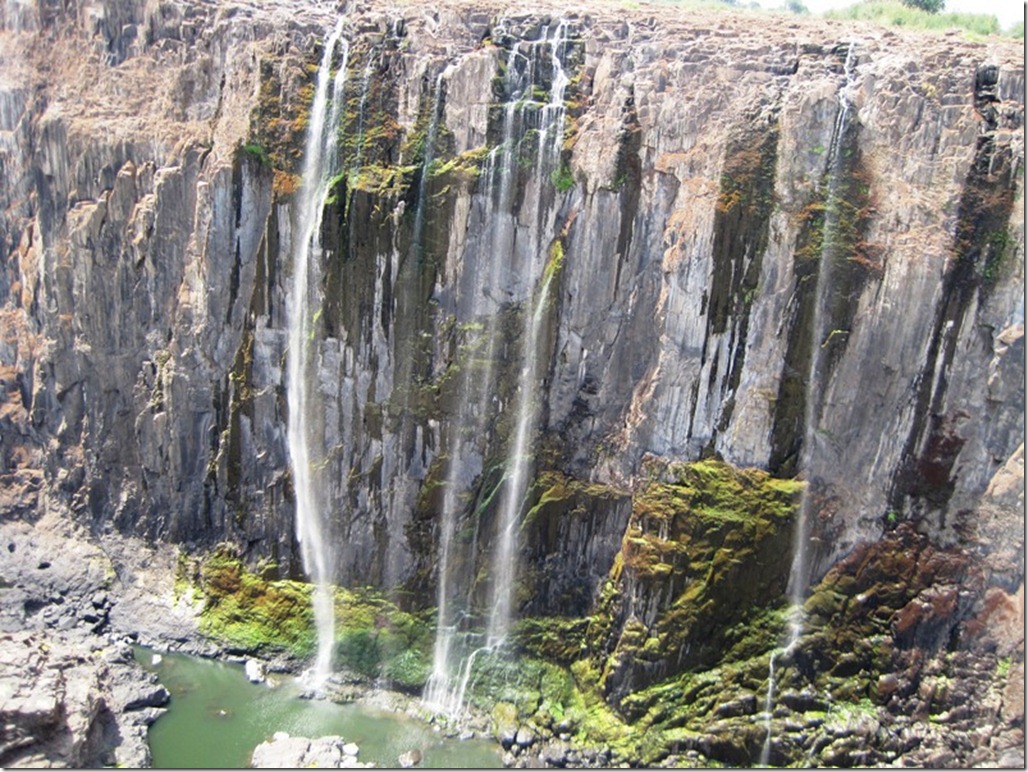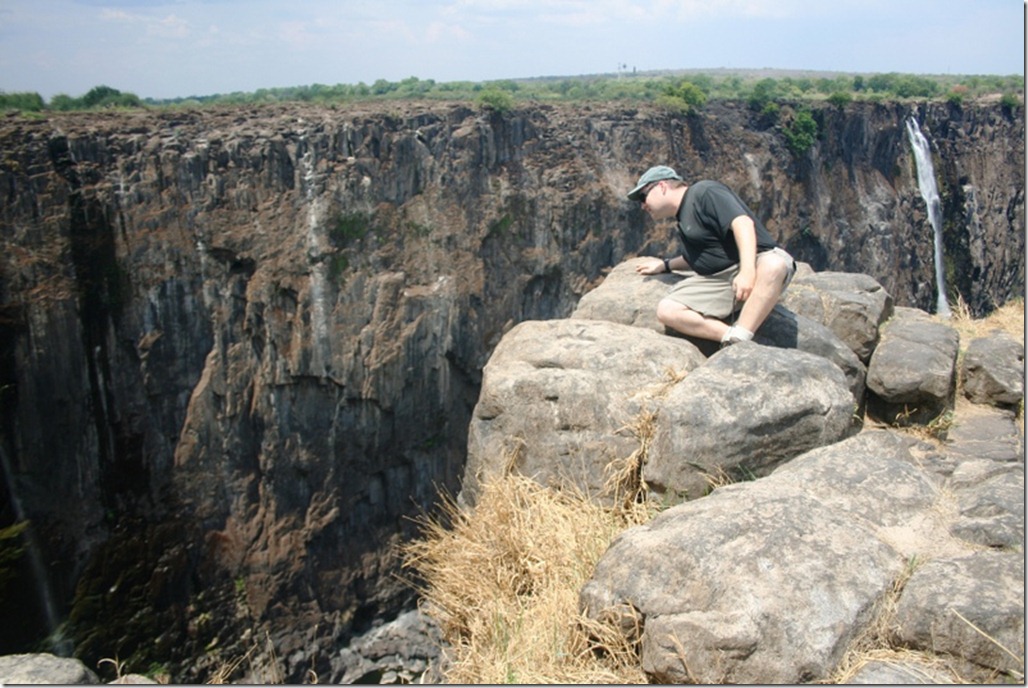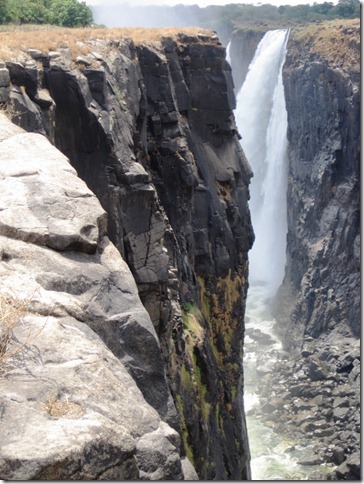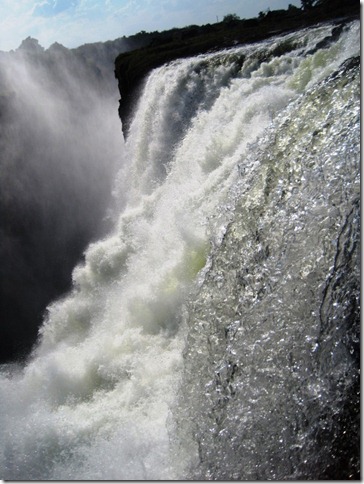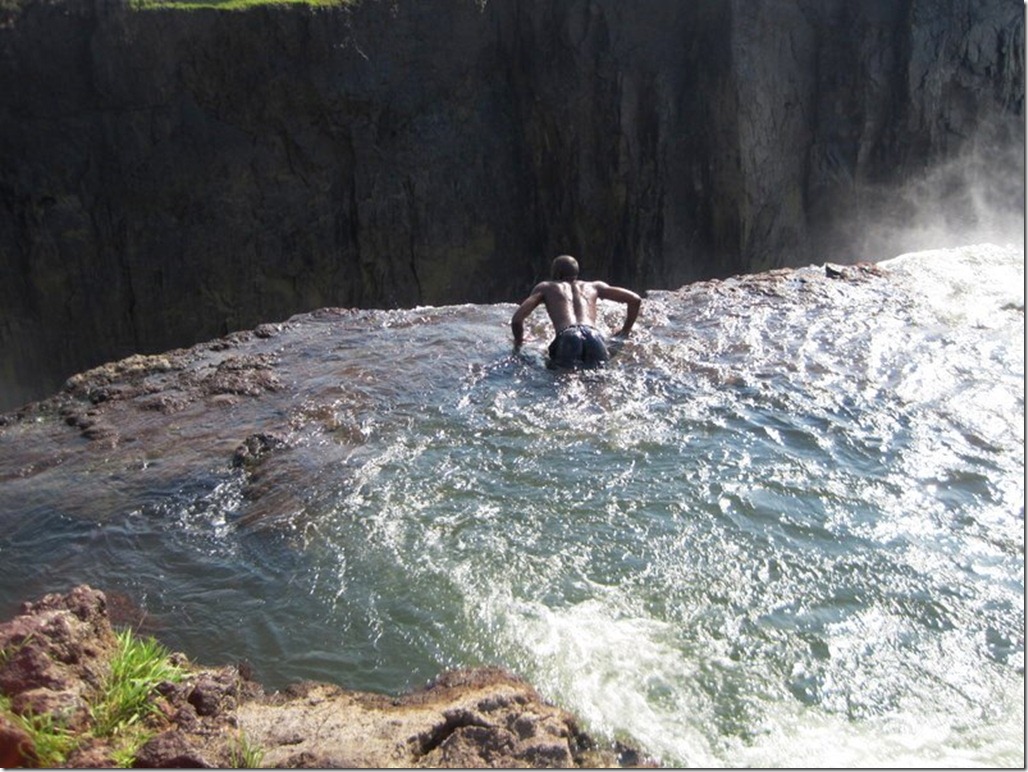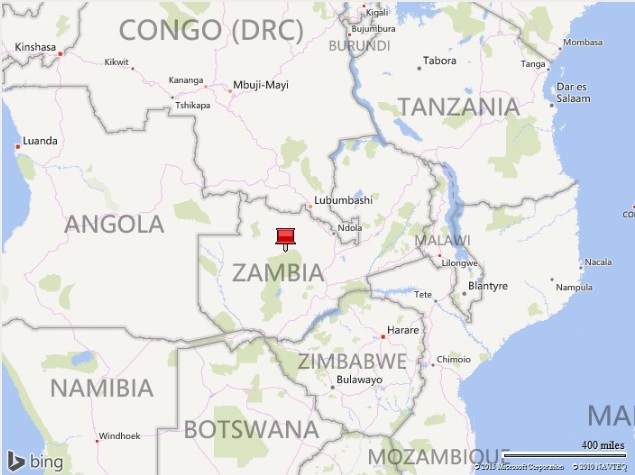Manaus, Brazil – Heart of the Amazon
This is the first in a series about the Amazon region of Brazil that is featured in my illustrated picture book, Alexander the Salamander. This post is about Manaus, the largest city in the Brazilian Amazon. Upcoming articles will focus on the Amazon River Basin, the rainforest, indigenous groups and wildlife in the Amazon, and the Amazon Ecopark, an eco-resort. Enjoy these travelogues with photos and stories from the world’s largest rainforest.
My family and I visited the Amazon region in July 2008. We spent the day in Manaus, the capital of the Brazilian state of Amazonas, before embarking on a trip to the rainforest.
The city lies at the confluence of the rivers Rio Negro and Rio Solimões, the two major tributaries that form the mighty Amazon River flowing east to the Atlantic Ocean. Surrounded by a dense sea of green forest that blankets the region, Manaus is a gritty, industrial city of approximately 1.85 million inhabitants carved out of the jungle. It’s a four-hour flight from São Paulo, the primary airline hub for most international flights entering Brazil.
The name “Manaus” is derived from the Manaós indigenous group that lived in the area until the city’s establishment by the Portuguese in 1669. Manaus has been called the “Heart of the Amazon” and “City of the Forest,” although a more appropriate name is the “Industrial Pool of Manaus,” reflecting the city’s status as an industrial center. A rubber boom in the late 1800s fueled urban growth for half a century. Since the establishment of the Free Economic Zone of Manaus (ZFM) in 1957, a bevy of industries from shipbuilding and petrochemicals to manufacturing and agribusiness have developed thanks to tax incentives offered by the ZFM.
Although the city’s footprint is one of the largest in Brazil, its historic center between the river port and the main square is an easy walk. Visiting Manaus’ highlights is a day tour on foot from any number of hotels clustered in the center. Heading north on Avenida Eduardo Ribeiro takes you to the Renaissance-style Amazon Theater (Teatro Amazonas), an opera house that opened in 1896 and is home to the Amazonas Philharmonic. The easily recognizable dome features a large mural of the Brazilian flag.
The main square is lined with historic buildings that house the Palace of Justice (Palácio de Justiça), São Sebastião Church, Municipal Prefecture, and the Indigenous Museum (Museu do Índio), one of two showcasing local indigenous culture (the other is the smaller, nearby Museu Amazônico). Although small – just one large city block – the square is a must-see when visiting Manaus. Park benches in São Sebastião Park are a great place to stop and enjoy the plaza.
Walking down Avenida Eduardo Ribeiro toward the river port will introduce you to the sights and sounds of Manaus. There are some free-for-all markets that sell a wide assortment of knock-off goods. We passed on the faux leather goods and “Swiss” watches.
Next to the port is a large open-air market surrounding the Church of the Mother Manaus (Ingreja de Matriz Manaus). Cluttered and somewhat disorganized, the place was abuzz with activity when we visited and filled with items that seemed more geared to locals than tourists. We enjoyed browsing the stalls for mementos, food, and drink.
My son enjoyed drinking milk straight from the coconut sold by one of the vendors.
Across the street on the banks of the Rio Negro is the Adolpho Lisboa Market (Mercado Adolpho Lisboa), the city’s oldest market built in 1882. Next to it lies the ornate Customs House (Alfandega) overshadowed by the contemporary but gaudy Ministry of Finance (Fazenda) skyscraper out of place in the historic center.
The large, modern wharf next to the river port crowded with cafes and piers blends in well with the colonial architecture.
The port is a jump-off point for river cruises and tourist excursions that range from daytrips to the Meeting of the Waters at the confluence of the Rio Negro and Rio Solimões to multi-day trips to ecotour resorts.
If you visit the heart of the Amazon, you’ll likely transit through Manaus on your way to the rainforest. Many tourists head straight to the river without stopping to enjoy the city. While much more awaits you in the wild, a brief stopover will introduce you to Brazilian culture and prepare you for the jungle adventure that lies ahead.
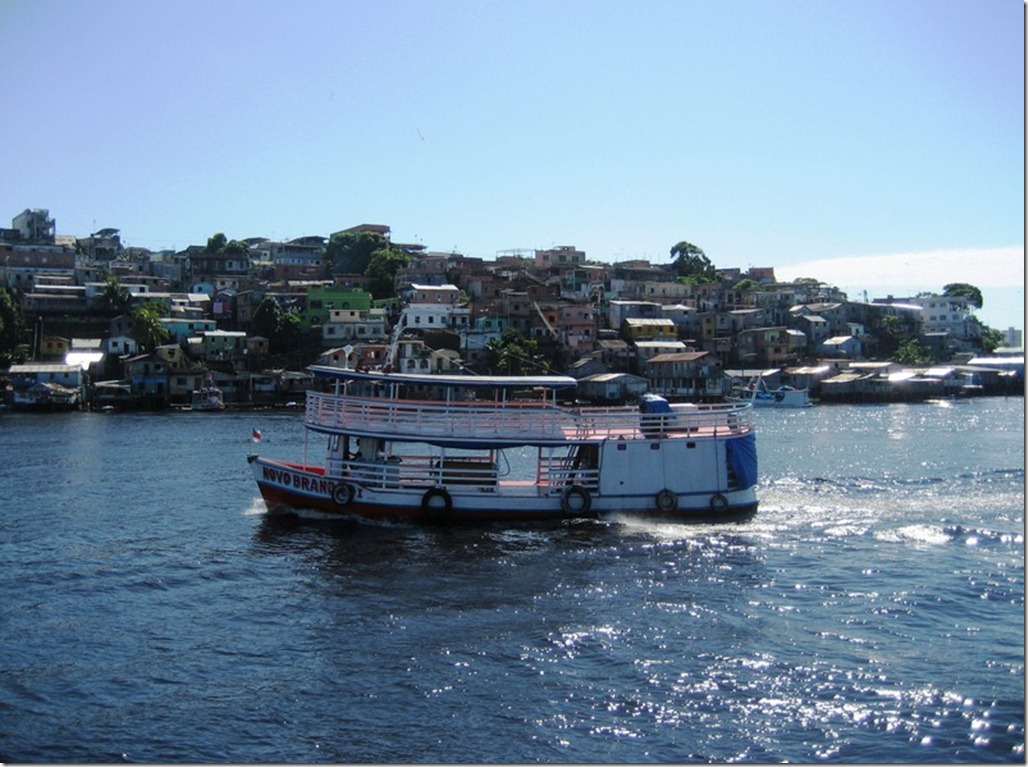
 About Alexander the Salamander
About Alexander the Salamander
A young salamander named Alexander living in the Amazon River Basin joins his friends Airey the Butterfly and Terry the Tarantula for an unforgettable jungle adventure. Come along with Alexander and friends as they meet birds, monkeys, and other creatures, enjoy the beauty of the rainforest, and face danger along the way.
The first book in the World Adventurers for Kids Series, Alexander the Salamander is an illustrated story inspired by the authors’ visit to the Amazon in 2008. Fun for kids and adults alike, the story teaches children the importance of listening to teachers and other authority figures.

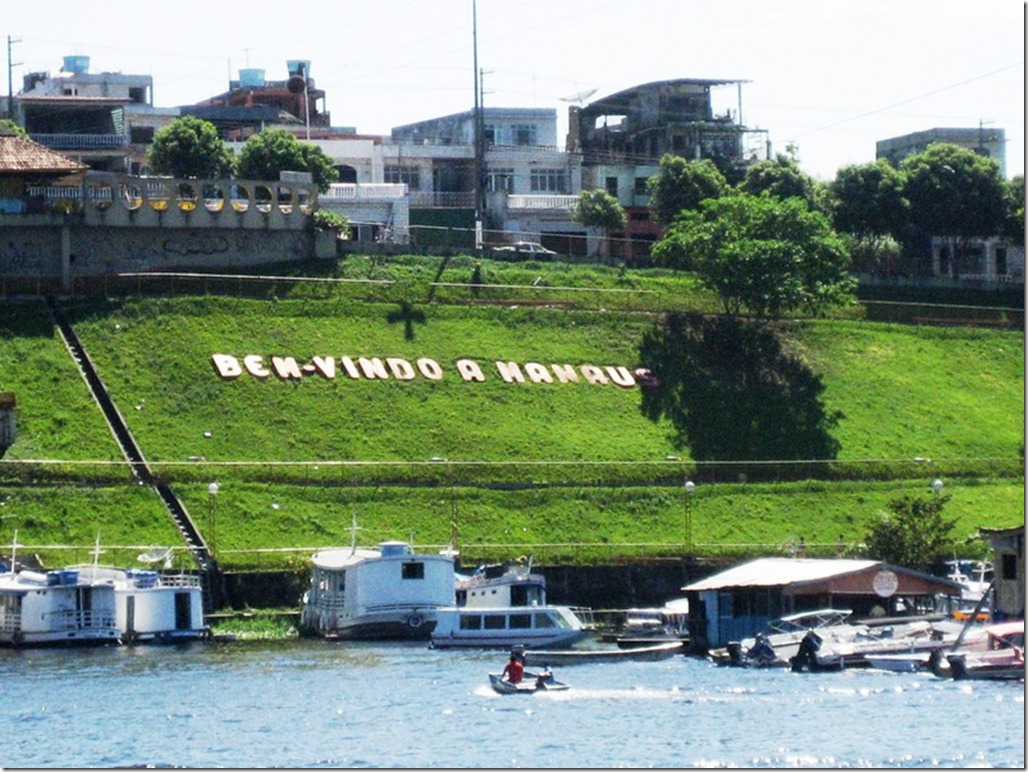
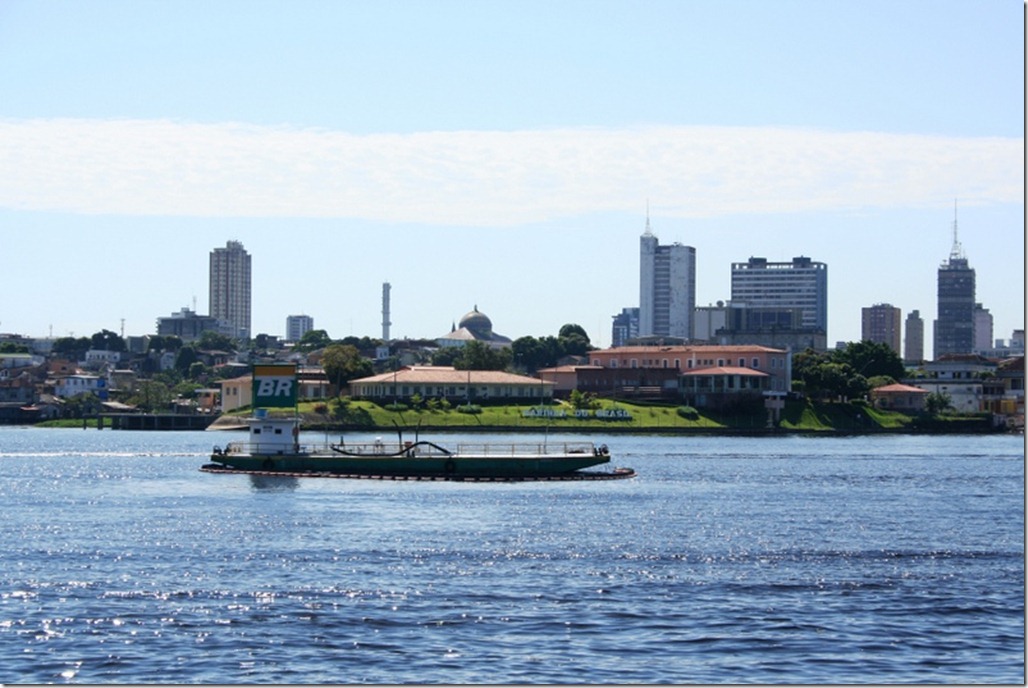
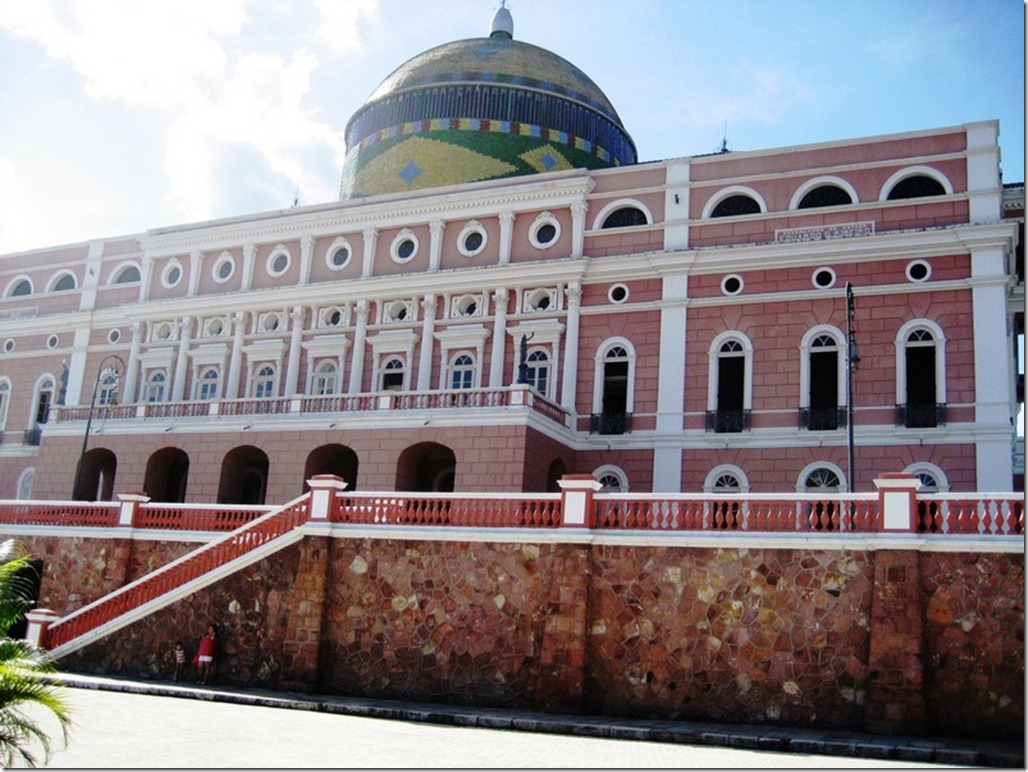
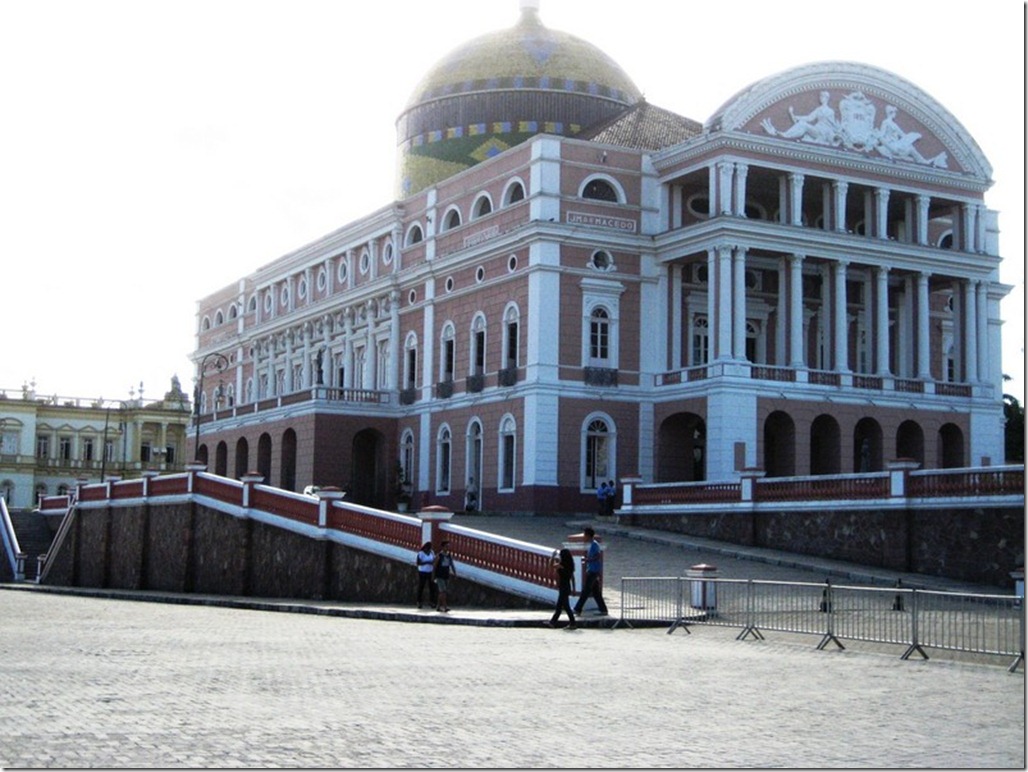
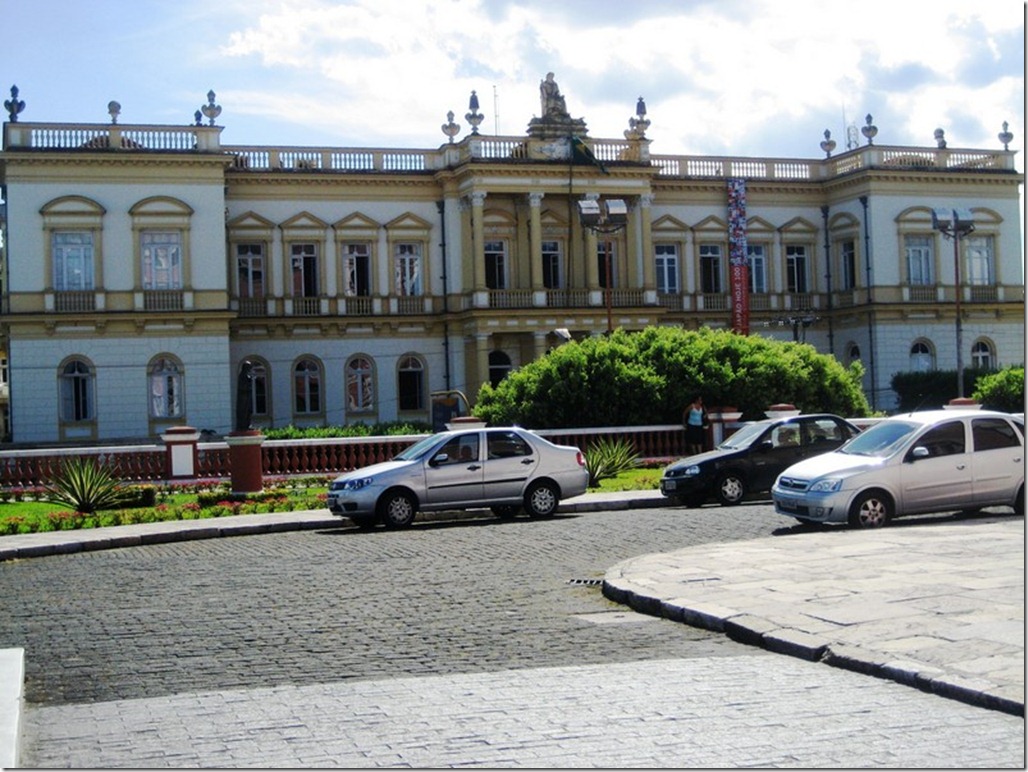
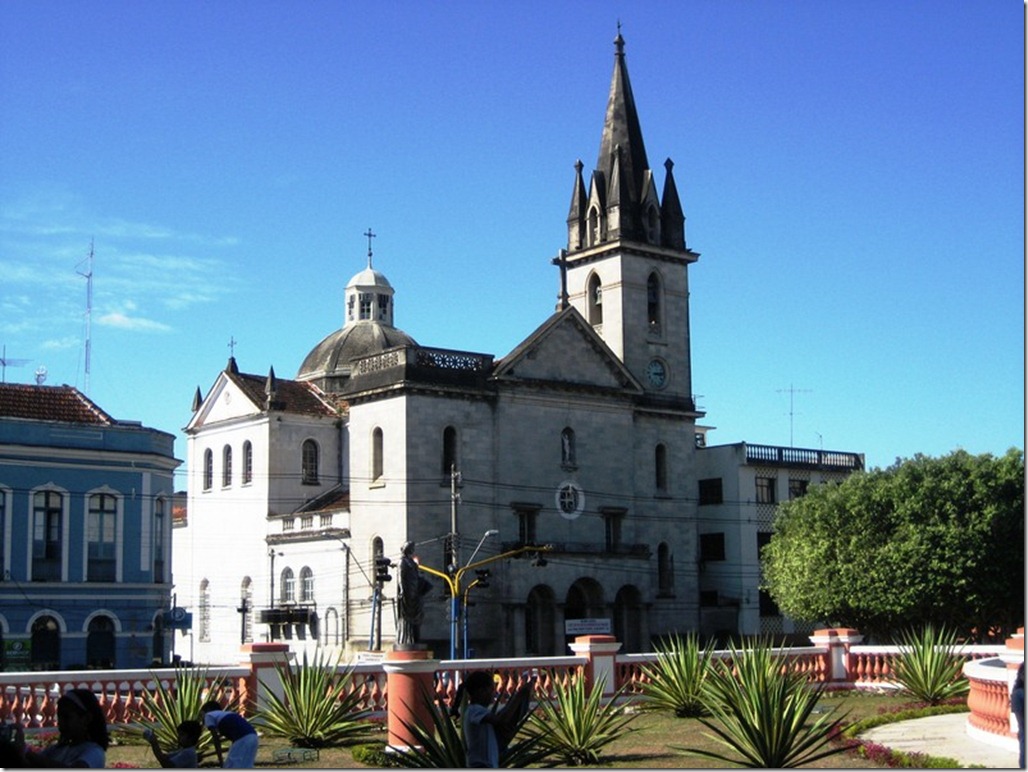
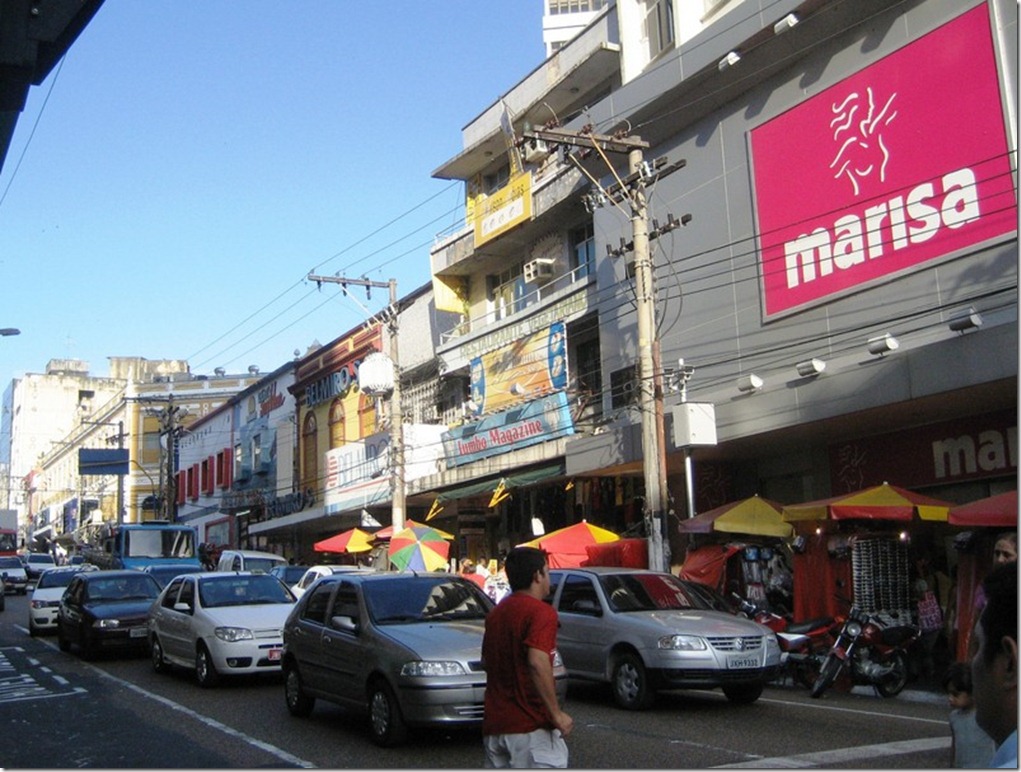
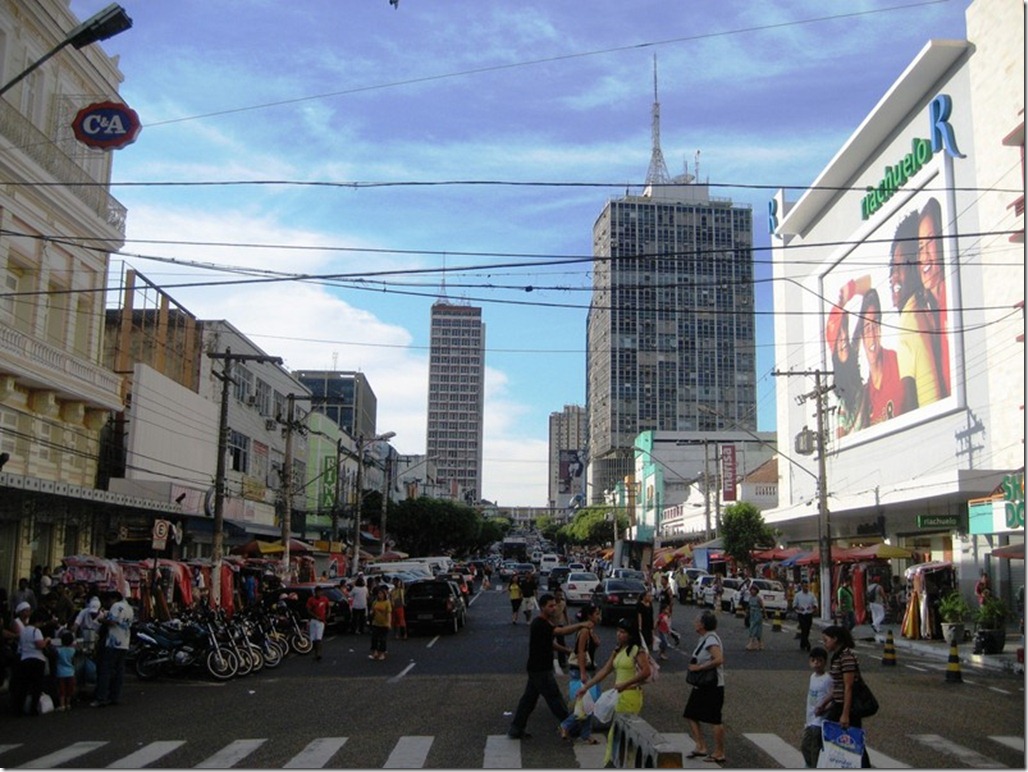
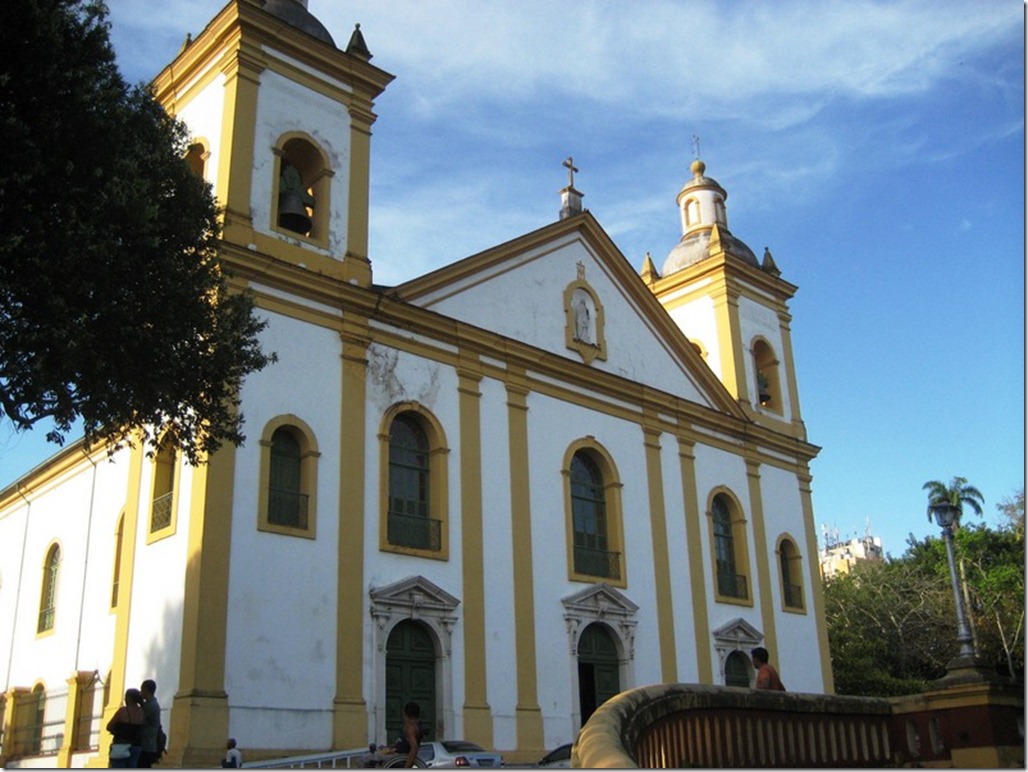
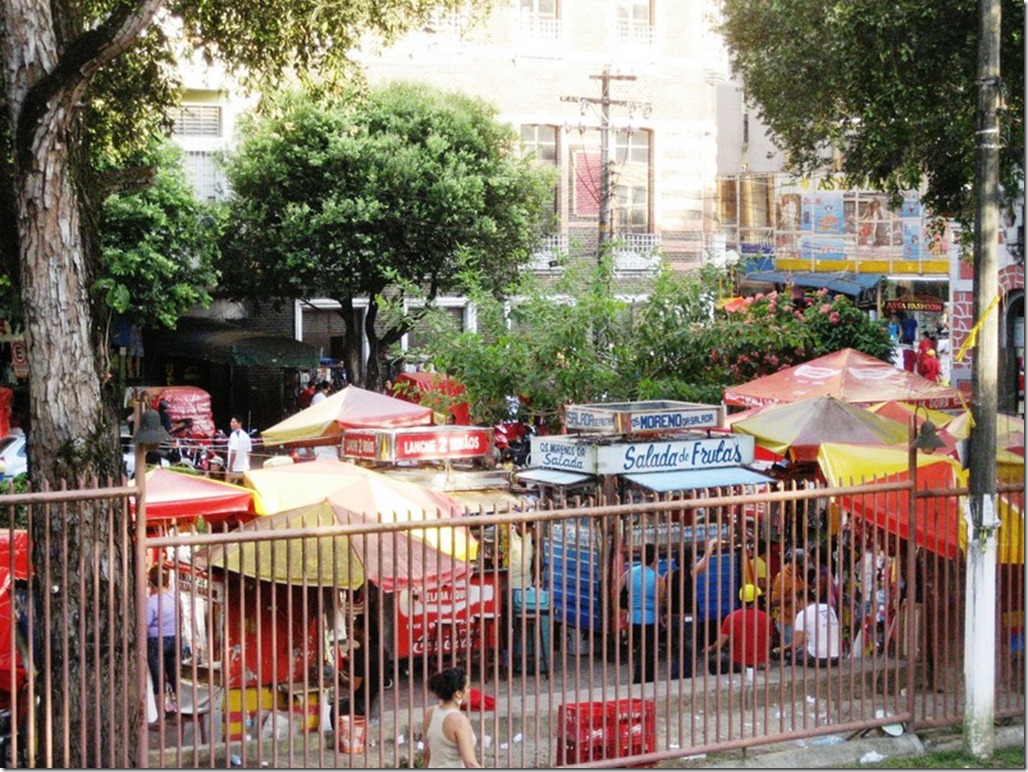
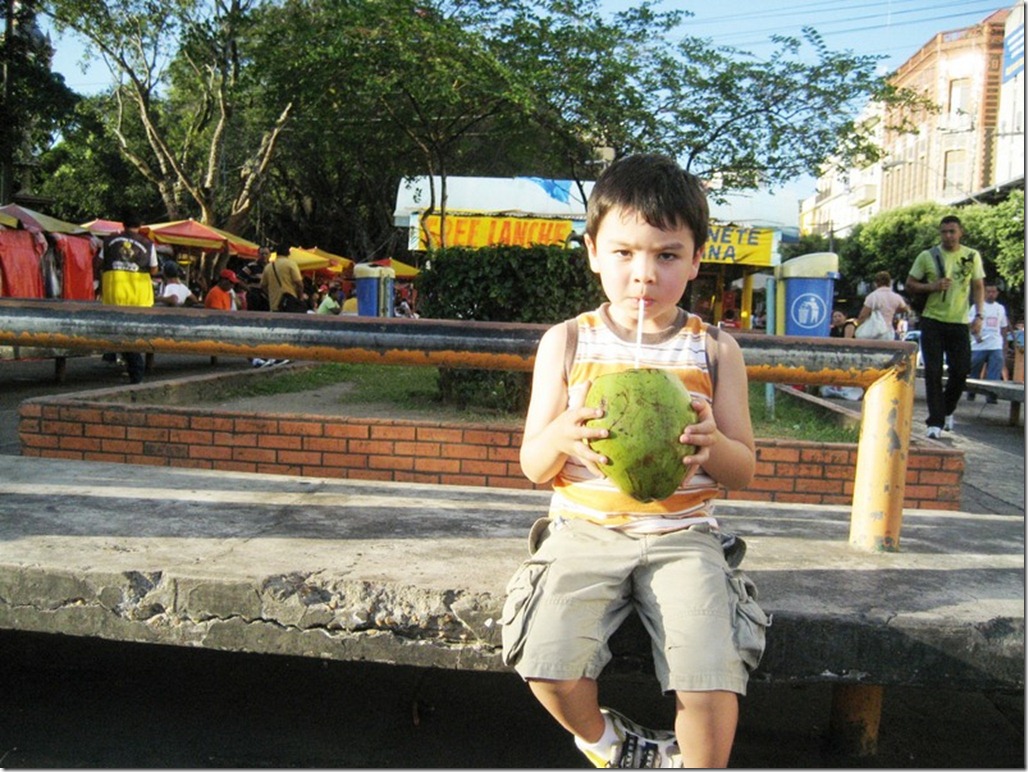
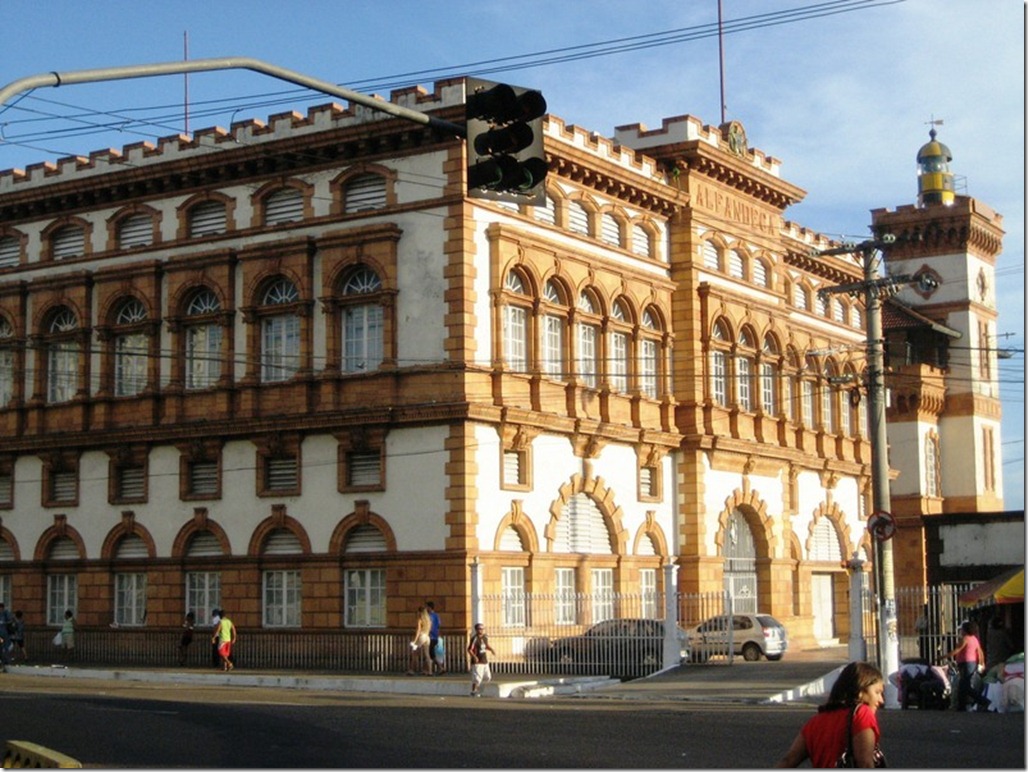
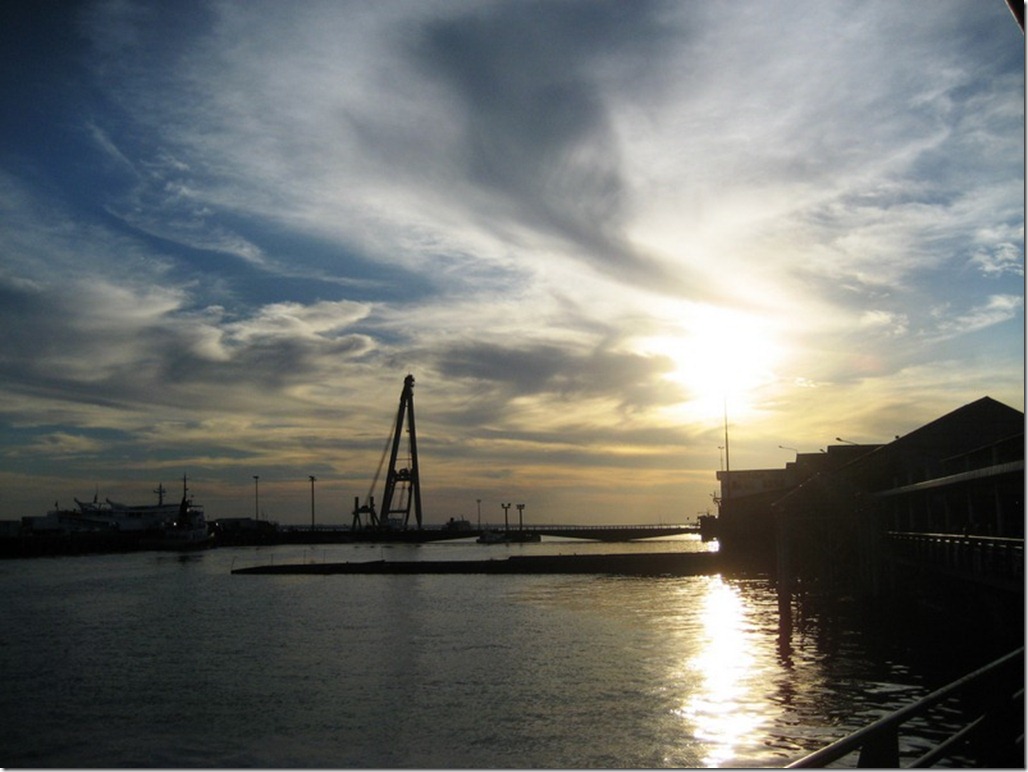
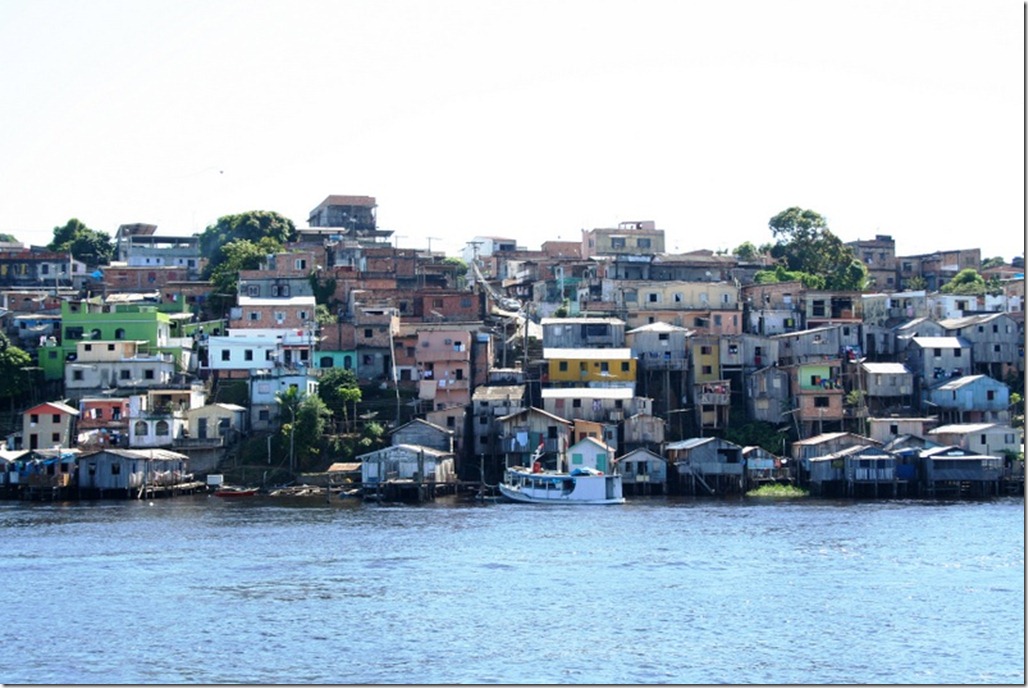
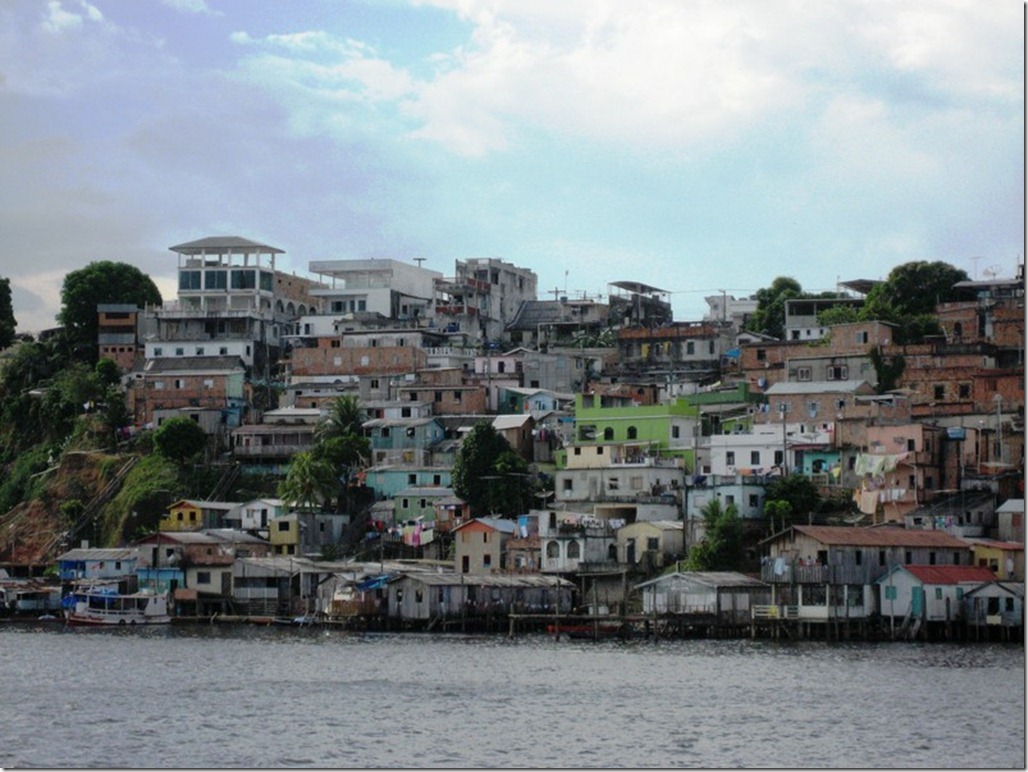
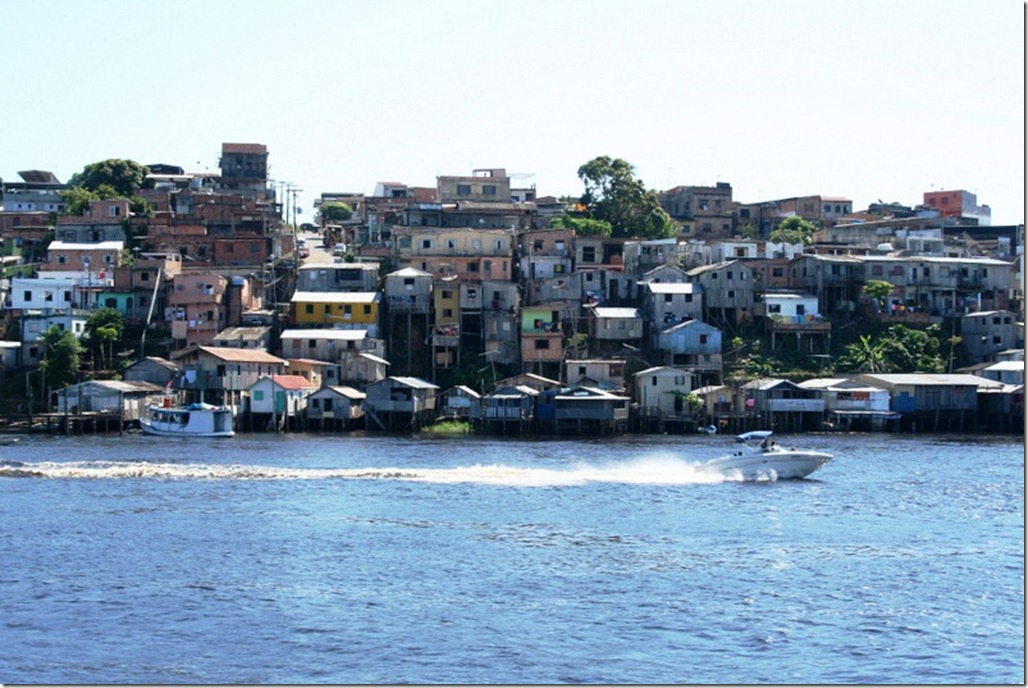
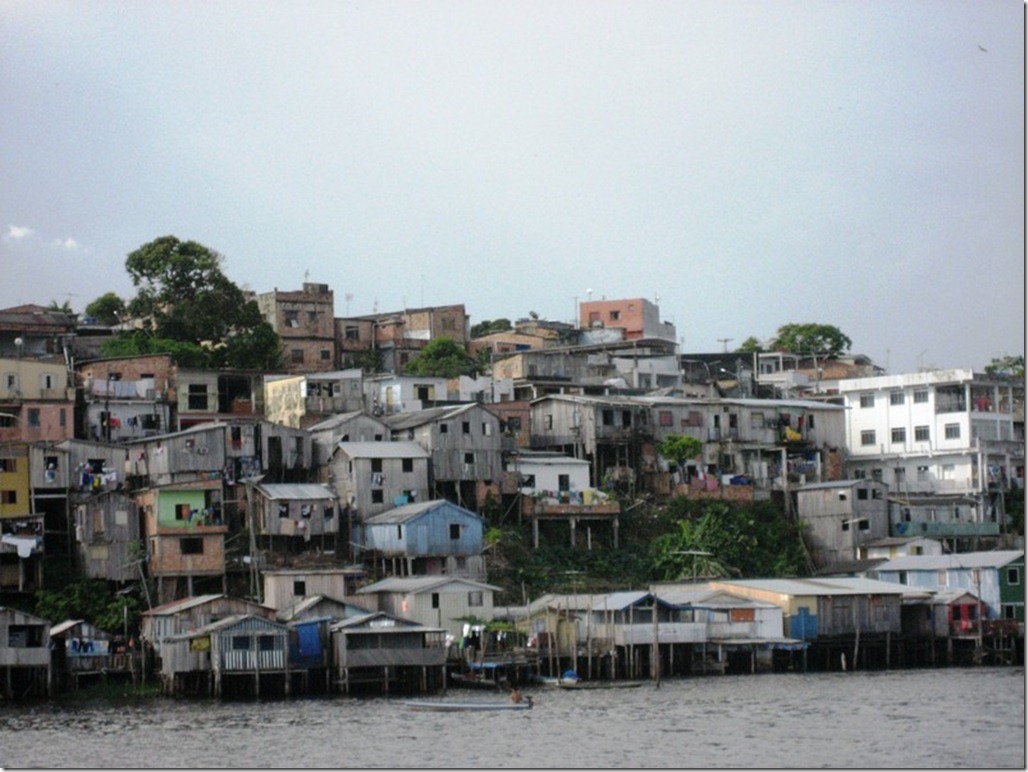
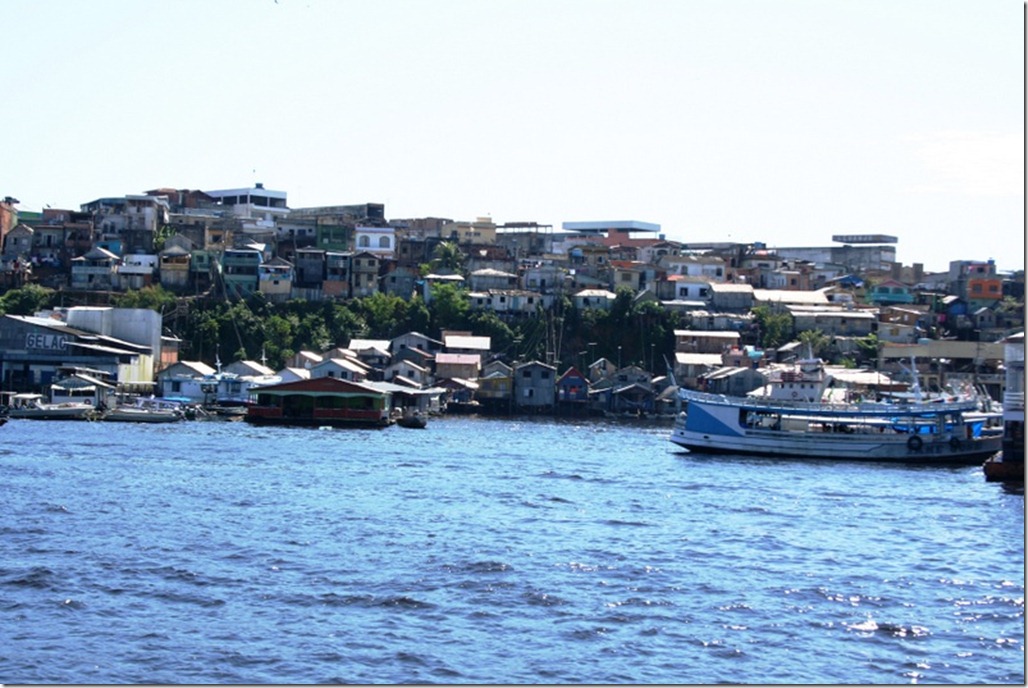
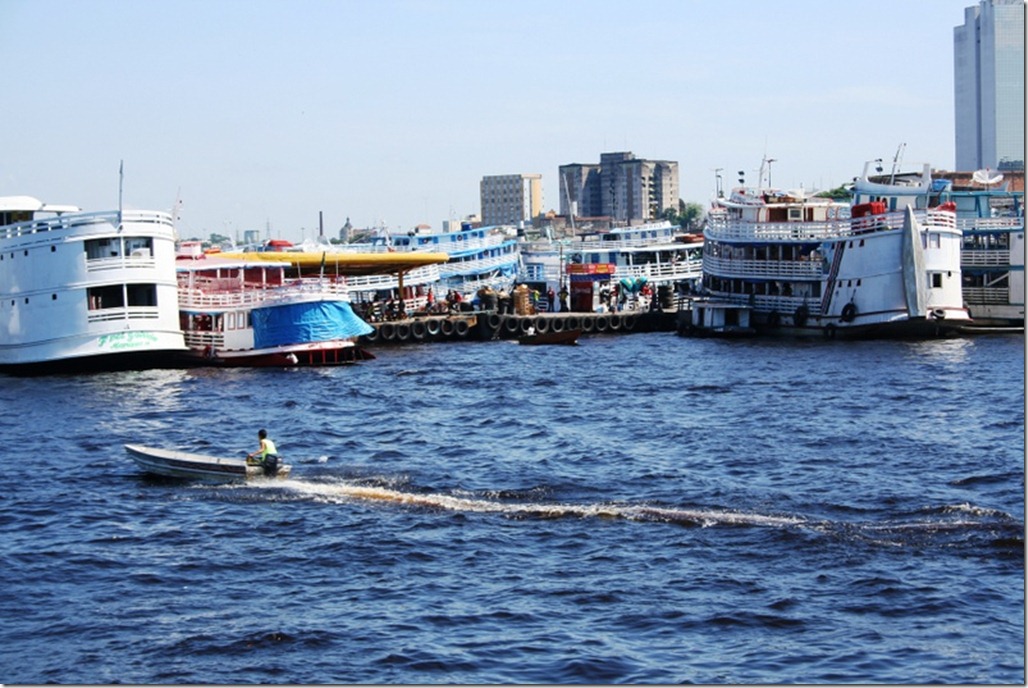

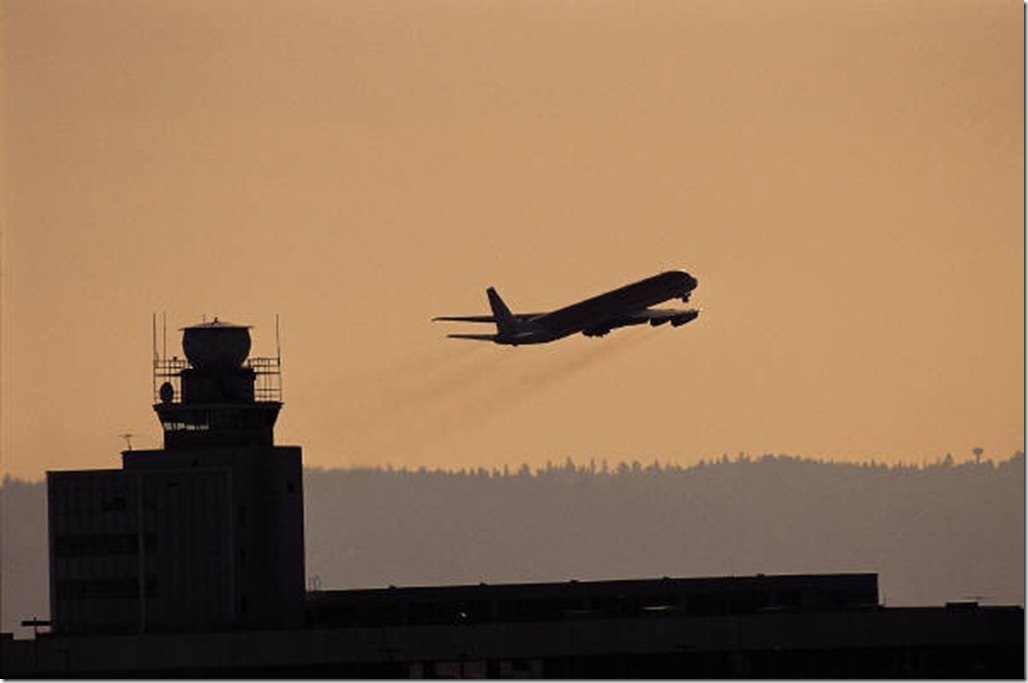

![buythumb[3] buythumb[3]](https://www.mgedwards.com/wp-content/uploads/2012/10/buythumb31.jpg)
